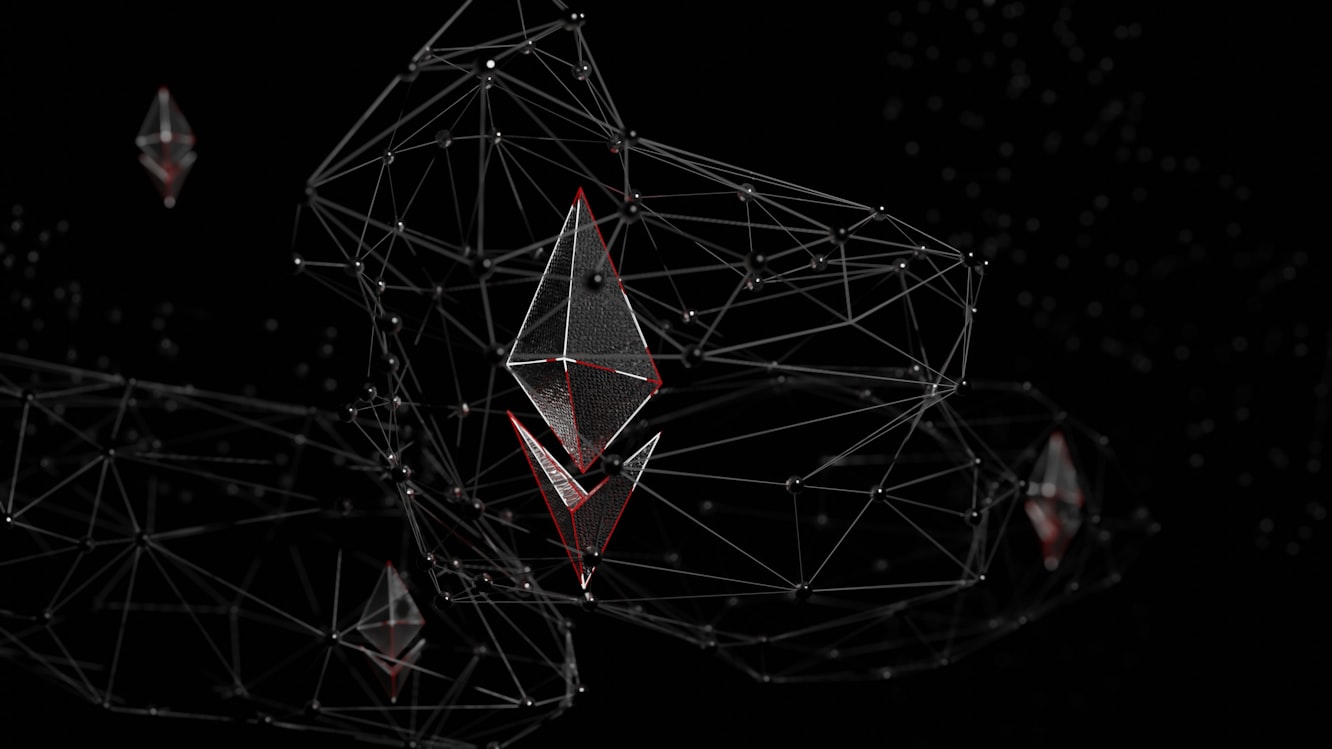Blockchain technology has quickly become one of the most promising innovations in the world of technology, allowing users to create secured, distributed ledgers that keep track of transactions and agreements between parties. However, there are many different blockchains in use today, each with their own strengths and weaknesses. In this article, we’ll examine all you need to know about Ethereum, the new blockchain that’s quickly become the second most valuable cryptocurrency in the world.
What is Ethereum?

Ethereum is an open-source, public, blockchain-based distributed computing platform featuring smart contract (scripting) functionality. It provides a decentralized Turing-complete virtual machine, which can execute scripts using an international network of public nodes. Ethereum also provides a cryptocurrency token called ether, which can be transferred between accounts and used to compensate participant nodes for computations performed. Gas, an internal transaction pricing mechanism, is used to mitigate spam and allocate resources on the network.
How does it work?
Similar to Bitcoin, Ether is a distributed public blockchain network. Although there are some technical differences between them both, they operate in a very similar way and share many common features. Like Bitcoin, Ether has been around since 2014 and was created by Vitalik Buterin who originally started working on it in 2013.
Benefits of Etherum

Etherum has some powerful features that make it an attractive potential alternative. Many in financial services have pointed out that while bitcoin has a few distinct advantages (it’s censorship-resistant, and transaction times are faster), these same users believe etherum’s ability to handle transactions with a more flexible programming style gives it a significant advantage over bitcoin for certain applications. In other words, etherum might be able to handle high volumes at lower costs than its counterparts.
Challenges with Etherum
Scalability is a challenge for both Bitcoin and Etherum, with roughly seven transactions per second. This can lead to longer transaction times and higher fees (which are problematic for those looking for microtransactions). If you’re looking for speed, these may not be your best options.
Ethereum still is risky

Don’t let those $19 billion in market cap fool you, Ethereum is still very risky. No one knows what will happen with respect to regulation and adoption. I think it’s going higher in 2018 (based on my technical analysis) but that doesn’t mean there won’t be volatility and further corrections along the way. There also a high likelihood that it goes alll-the-way back down before surging again… That being said…
There’s no real cap for Etherum
The supply of Ether is infinite. Unlike other coins, there is no block reward halving. This means that, unlike other cryptocurrencies where mining becomes harder as more coins are mined, in ethereum mining will always be profitable.